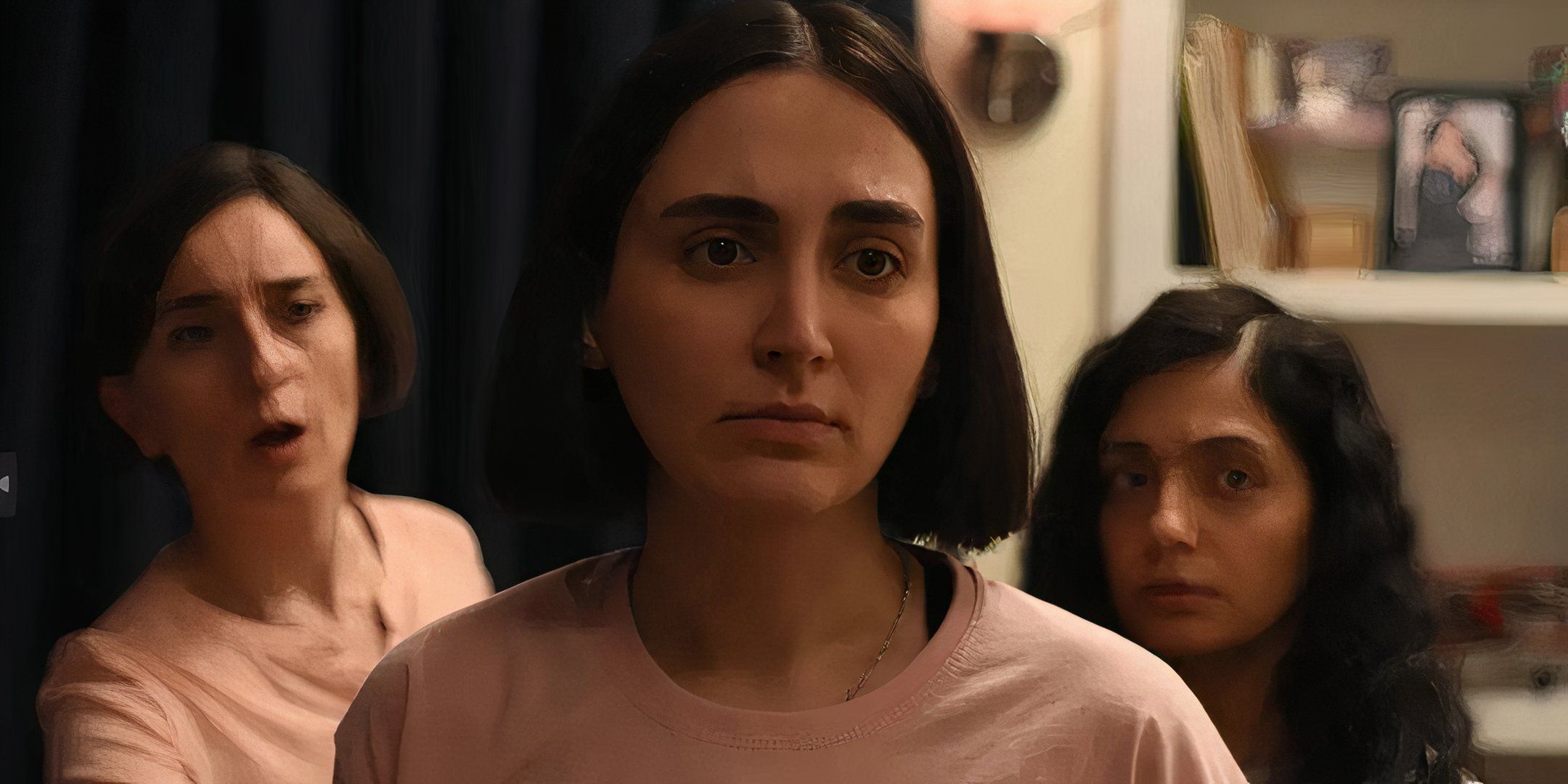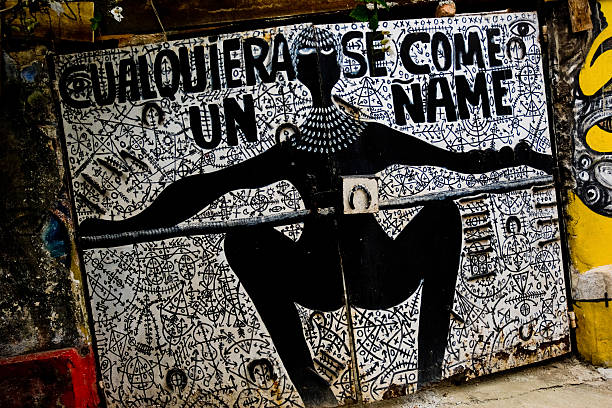Director Receives Jail Sentence for Acclaimed 2024 Movie

Mohammad Rasoulof's powerful 2024 drama, "The Seed of the Sacred Fig," garnered significant attention and critical acclaim, becoming one of the year's most popular films. However, its release came with severe personal consequences for the Iranian director, who faced an arrest warrant, flogging, and an eight-year prison sentence from the Iranian government for its creation.
The film delves into the themes of Iran's authoritarian government and the pervasive use of smartphones as surveillance tools. To complete the project, Rasoulof worked in secret, culminating in a striking title card that reads: "When there is no way, a way must be made." "The Seed of the Sacred Fig" is a political drama centering on Iman (Missagh Zareh), an honest attorney newly appointed as an investigating judge in Tehran’s revolutionary court. He lives with his wife, Najmeh (Soheila Golestani), and their two daughters, Rezvan (Mahsa Rostami) and Sana (Setareh Maleki).
Despite Iman's desire for justice, he finds himself forced bowing to the government's demands under the pretext of upholding "God's laws." This creates a profound moral conflict within the family, as Iman's religious adherence clashes with his daughters' ethical convictions. The film, primarily a family drama set in their small apartment, meticulously portrays the deterioration of their relationships amidst Iman's new, morally compromised role.
Rasoulof took the movie a step further, likely inciting the ire of the Iranian government, by incorporating footage of real street protests and addressing the 2022 death of Mahsa Amini, a woman reportedly beaten while in police custody. At the Cannes Film Festival, Rasoulof was honored with the Jury Special Prize, the FIPRESCI Award, the Prize of the Ecumenical Jury, and the François Chalais Award for Best Film, among others.
The Iranian government reacted swiftly and harshly after the movie was accepted by Cannes. They interrogated the cast and crew, issued travel bans, and ordered Rasoulof's arrest. Iran enforces strict censorship laws on filmmakers, prohibiting negative depictions of religious figures, overt criticism of the government or Islam, and imposing rules on women's attire (always in hijab), and banning singing, dancing, sexual contact, and alcohol consumption on screen. Flogging is a common punishment in Iran, with Amnesty International reporting hundreds of people flogged annually for their offenses highlighting a severe assault on human dignity and a violation of international prohibitions against torture.
Despite the severe sentence, Mohammad Rasoulof was neither flogged nor imprisoned. Having learned of the government's plans to arrest him while still shooting, he and his crew members escaped Iran in a treacherous 28-day journey. He left behind all his possessions, including electronic devices and identification, relying on a network specializing in helping people flee the country. After reaching safety, he was presented to the German Embassy and subsequently traveled to Germany. Just six days later, he premiered his film at the Cannes Film Festival, receiving a standing ovation. Rasoulof, who has a history of confrontation with Iranian authorities, including a 2010 arrest for a film about the 2009 Green Movement and a 2022 jailing for signing a petition, expressed his determination to return to Iran someday, despite the risks, stating his desire to continue filming there.
You may also like...
The Names We Carry: Why Africa’s Many-Name Tradition Shouldn’t Be Left Behind

"In many African communities, a child's birth is marked with a cascade of names that serve as fingerprints of identity, ...
WHY CULTURAL APPROPRIATION ISN’T ALWAYS OFFENSIVE

In a world of global fusion, is every act of cultural borrowing theft—or can it be respect? This thought-provoking essay...
Africa’s Health Revolution: How a New Generation is Redefining Global Wellness from the Ground Up

Move beyond the headlines of health challenges. Discover how African youth and innovators are using technology, traditio...
Kwame Nkrumah: The Visionary Who Dreamed of a United Africa
(13).jpeg)
Discover the powerful legacy of Kwame Nkrumah, Ghana’s first president and a pioneer of Pan-Africanism, whose vision for...
Meet the Theremin: The Weirdest Instrument You’ve Never Heard Of

From sci-fi movies to African studios? Meet the theremin—a touchless, ghostly instrument that’s making its way into Afri...
Who Told You Afro Hair Isn’t Formal?

Afro hair is still widely seen as unprofessional or “unfinished” in African society. But who decided that coils, kinks, ...
1986 Cameroonian Disaster : The Deadly Cloud that Killed Thousands Overnight

Like a thief in the night, a silent cloud rose from Lake Nyos in Cameroon, and stole nearly two thousand souls without a...
How a New Generation is Redefining Global Wellness from the Ground Up

Forget fast fashion. Discover how African designers are leading a global revolution, using traditional textiles & innov...

)

:max_bytes(150000):strip_icc()/mariska-f0aa6644784047519fd6850085931479.jpg)
